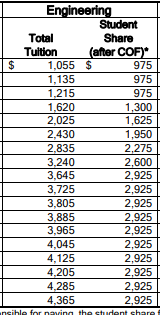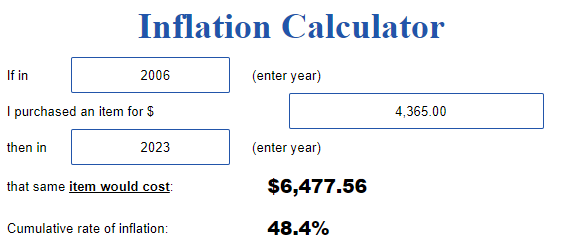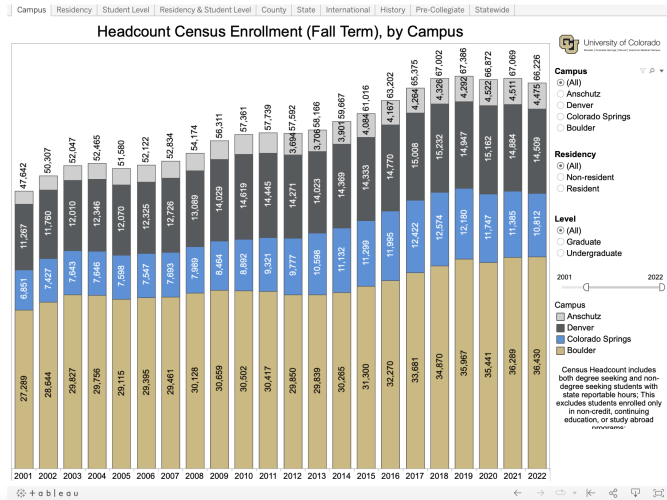D
Deleted member 28227
Guest
@Wind Gypsy
I graduated HS in 06' cost for me if I had attended CU v. genZ
2006

2023


Tuition at CU since I was in HS (millennial) has dramatically outstripped inflation, with the price more than doubling.
I graduated HS in 06' cost for me if I had attended CU v. genZ
2006

2023


Tuition at CU since I was in HS (millennial) has dramatically outstripped inflation, with the price more than doubling.
Last edited by a moderator:







